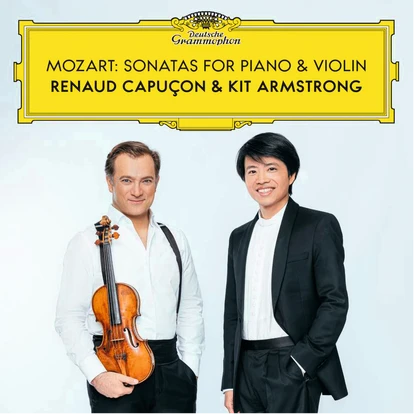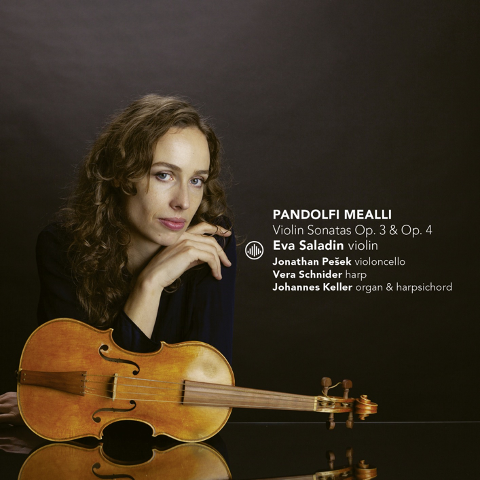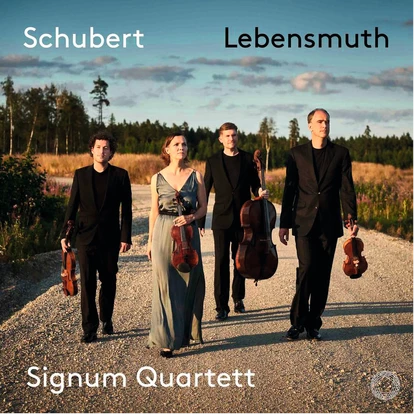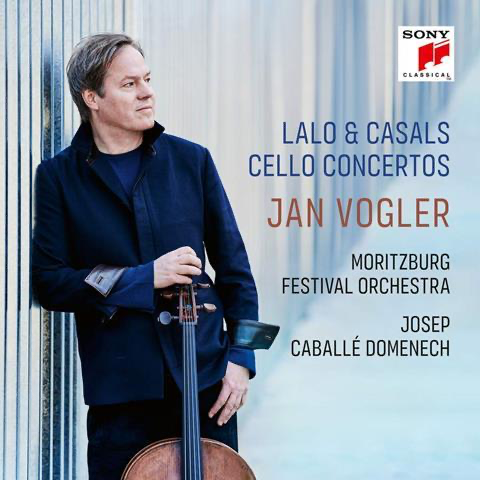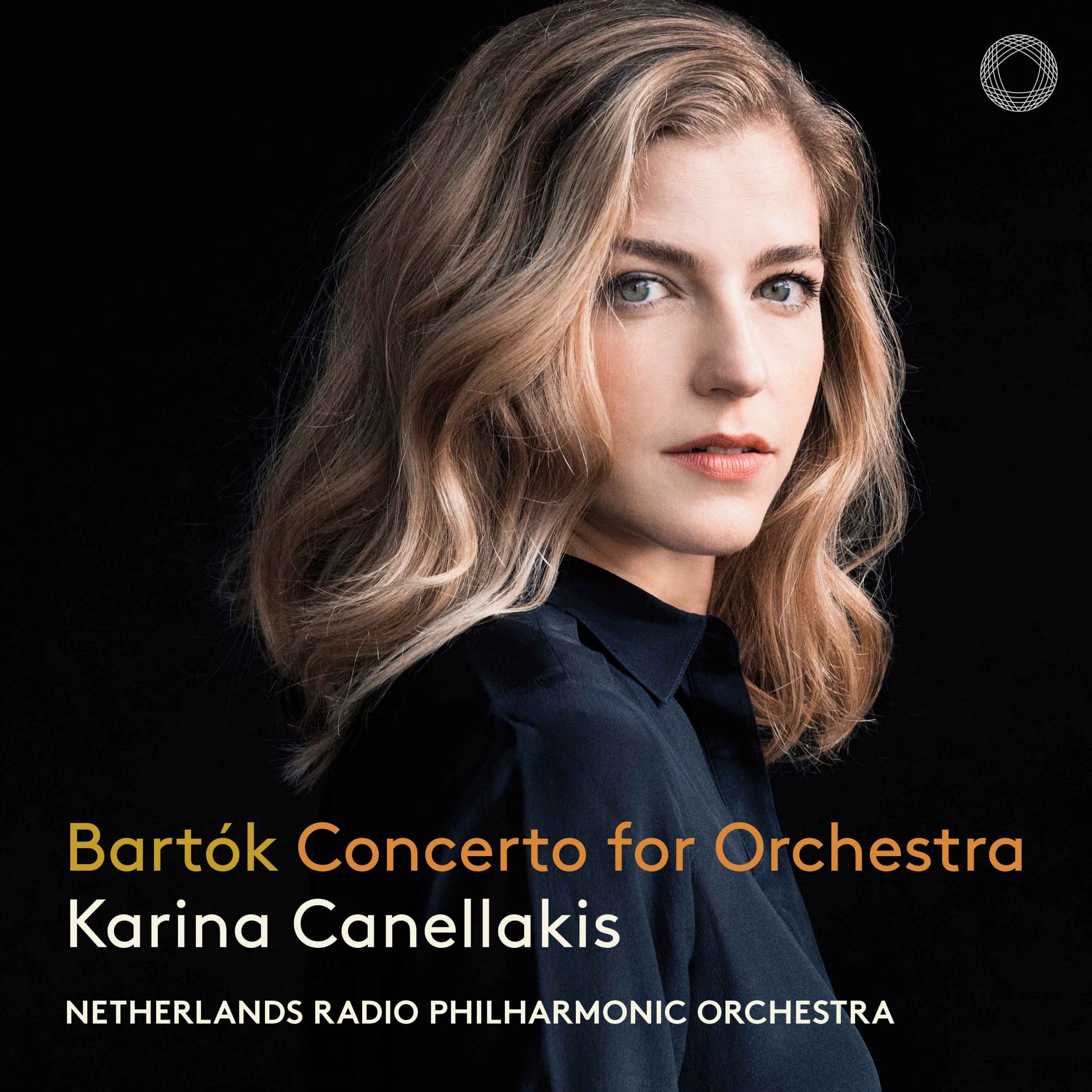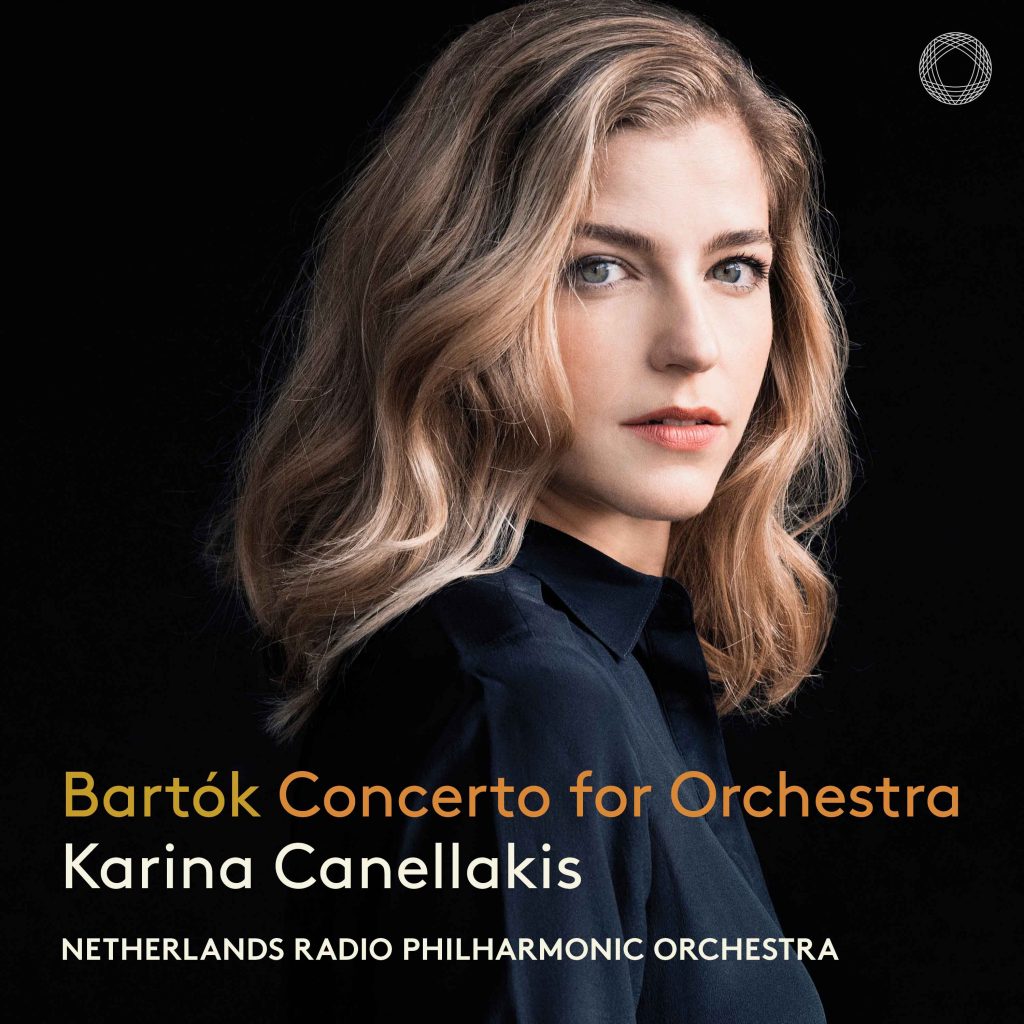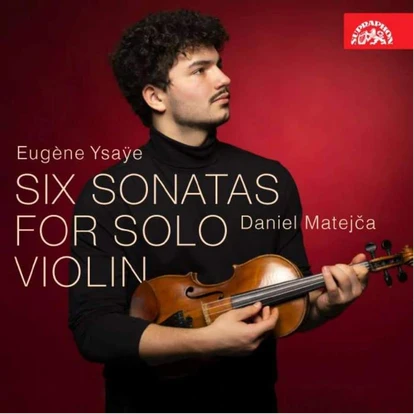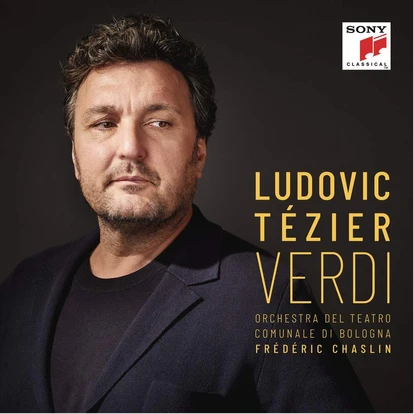Mozart Sonatas for Piano & Violin
Enthralling Explorations of Mozart’s Mature Violin Sonatas
July 2023
July 2023
Renaud Capuçon (violin) and Kit Armstrong (piano) present an enthralling journey into the world of Mozart’s mature violin sonatas in their latest release, “Mozart: Sonatas for Piano and Violin.” This Deutsche Grammophon offering showcases Violin Sonatas Nos 17-28, 32-33, and 35-36, alongside delightful variations that bring out the duo’s mastery of their respective instruments.
Capuçon’s discerning choice to exclude Mozart’s earlier violin sonatas, written during his childhood, allows for a focused exploration of the composer’s more mature works. The decision emphasizes the substantial development of the violin and piano as equal partners in this period, underpinning the evolution of the medium itself.
A highlight of the album is the enchanting interplay between the two instruments, effectively shifting between foreground and background roles. Mozart’s ingenuity unfolds as the performers navigate seamless transitions, exemplified by the C major Sonata K303. Here, the dialogue between slow and fast passages in both movements demonstrates Mozart’s creativity at its peak.
The album features two sets of variations, presenting lighter musical material that balances the weightier sonatas. Capuçon and Armstrong’s skillful execution imbues these variations with a sense of playfulness and charm, inviting listeners into Mozart’s musical playground.
The treasures of this collection, however, lie in the later sonatas. The B flat Sonata K454 shines as a masterpiece, with its exceptionally beautiful Andante second movement. Historically significant, it was composed for an Italian violin virtuoso, and Mozart’s improvisational prowess is palpable in Armstrong’s sensitive piano part.
The A major Sonata K526, with its technical demands and grand scale, further showcases the duo’s profound artistry. Capuçon’s violin artfully converses with Armstrong’s modern Bechstein piano, creating a rich tapestry of sound that encapsulates the essence of Mozart’s mature compositions.
Throughout the album, Capuçon’s violin tone exudes a controlled brilliance, hinting at his vast resources while maintaining a sense of restraint. This dynamic partnership between the violinist’s finesse and Armstrong’s poised piano performance results in interpretations that capture the music’s inherent freshness and spirit.
Renaud Capuçon and Kit Armstrong’s insightful interpretations bring to life the composer’s intricate dialogues between violin and piano, shedding light on the genre’s evolution. This album is a must-listen for both aficionados of Mozart and enthusiasts of chamber music alike.
